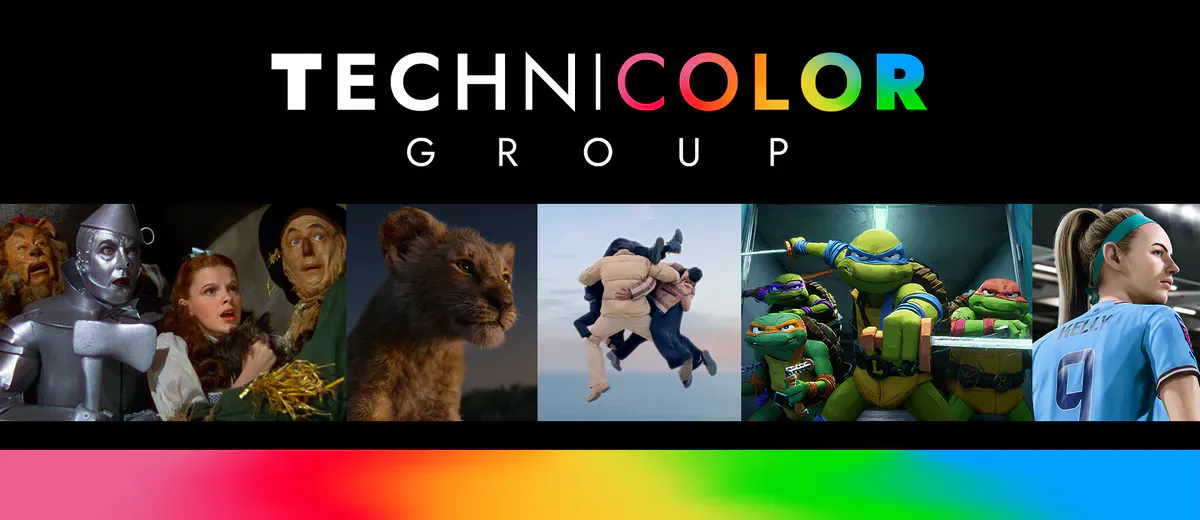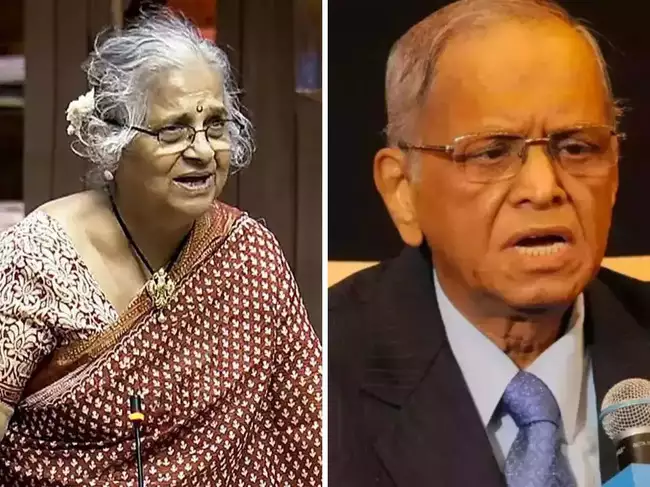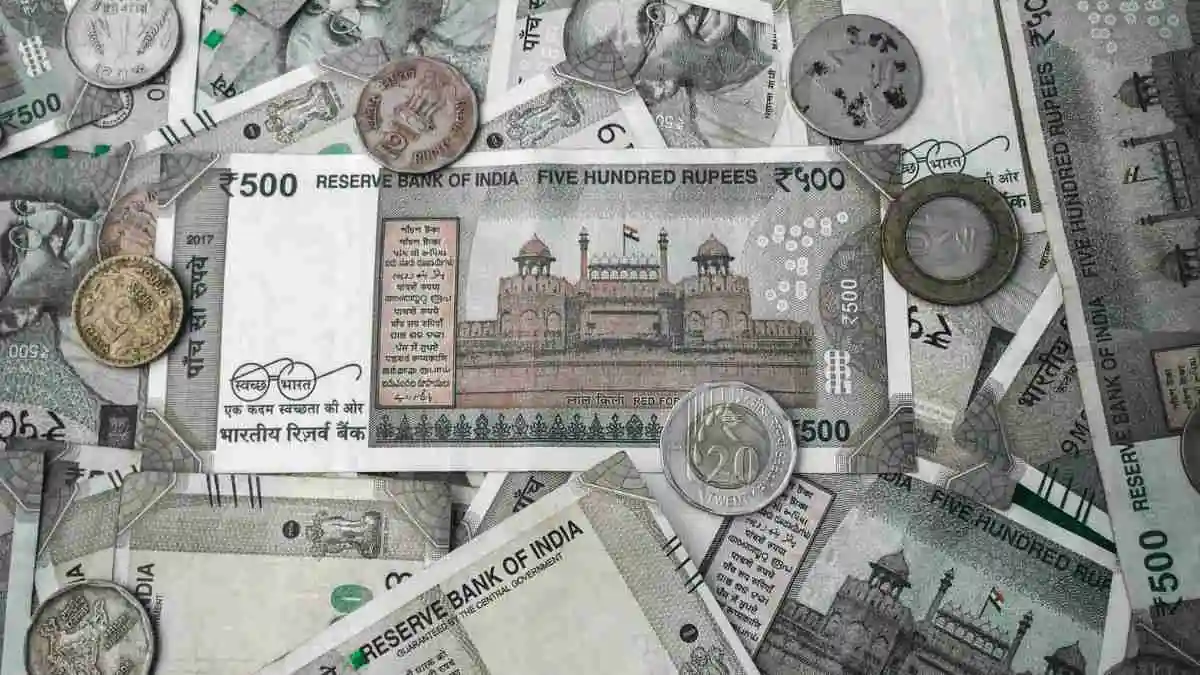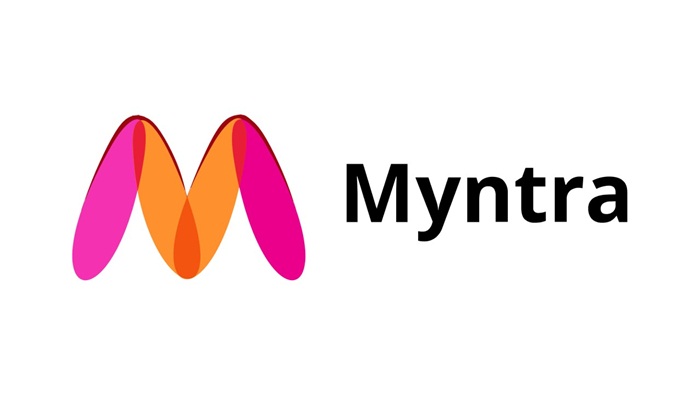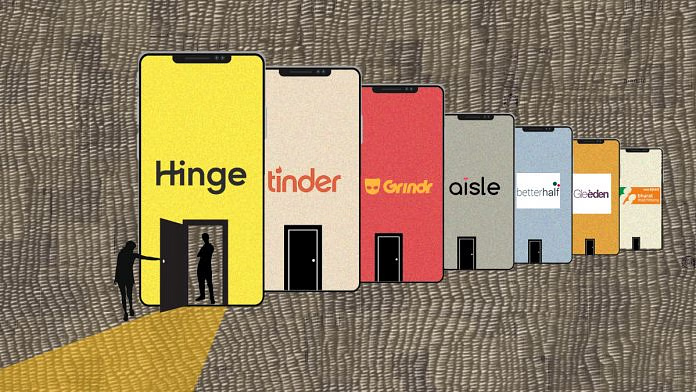With no cold emails or LinkedIn requests, dating apps let users pitch themselves—short, sweet, and personal. It’s all about connections, minus the power suits and soulmates.
Five apps, ten matches, and more than 50 likes, but none for a seasonal romance. That’s how a third-year BCom Honours student from Delhi University describes his strike rate on dating apps. For young graduates and final-year college students, Hinge and Bumble are proving to be lucrative—not for romance, but for a job.
Gen-Z is going full work mode on dating apps. It’s a swipe of faith, betting on success. Instead of the usual “Swipe right if you love dogs,” profiles now boldly proclaim, “Swipe right if you need a website designer for your brand!” Where romance once reigned supreme, ambition is now the name of the game, even on Hinge, Bumble, and Tinder.
For some, this new networking wave has led to internships, while others have promoted small businesses or even bagged stage roles. With no cold emails or LinkedIn requests, the dating app bubble lets users pitch themselves—short, sweet, and personal. It’s all about connections, minus the power suits and soulmates.
LinkedIn has been the go-to for networking—tried, tested, and for many, it works. But let’s face it—it often feels like a toxic situationship, making you feel tirelessly lost in a market of people with their power suits on.
“It’s like walking into a conference room full of people in suits,” said a third-year DU student who only claims to own oversized hoodies. “On dating apps, it’s like meeting people at a coffee shop—chill but still productive.” For him, Bumble Bizz has been a lifeline for pitching his startup ideas to marketing consultants. The platform’s relaxed vibe matches his quirky personality, making it a friendlier space to network. The same networking, to his surprise, resulted in his internship at the UNDP during his final year.
A recent graduate from the Delhi School of Economics, who is a classical dancer, bagged a solo performance at the Shri Ram Centre for Performing Arts by networking on Hinge.
“It was a shot in the dark,” she said.
The episode started with a playful nudge from her friends: “Find a guy in the same field who gets it”. Her Hinge profile was a chaotic blend of jazz and sufi, with short videos of her performances. This led the artist to find not one, but a whole lineup of admirers, who were able to not only identify her talents, but help her flourish.
“Instead of a dinner date at Big Chill, that evening I was on stage for a solo, it was crazy,” she said.
That opportunity not only secured her first stage performance but also opened doors to more creative collaborations with people she met online. It was a domino effect. She met fellow performers of the Indian Habitat Center, members from Delhi University’s Theatre Society, and homegrown production houses.
“Romance is a plus one, but the networking in this economy? That’s non-negotiable,” said the Delhi School of Economics graduate.
Time for an upgrade
Aadishakti’s voice crackled over the phone as she spoke from her home studio in Pune, recounting her unconventional networking journey.
“LinkedIn doesn’t work for me because the audience is highly corporate-coded,” she said. “Even after exploring, I found no profiles doing similar artistic work.” Her carefully crafted messages often met cold replies or no response at all.
What worked for the Pune-based musician, performer, and storyteller was a dating app on her phone. The little icon with an H opened doors to a niche audience—a space where creatives thrived. Aadishakt found collaborators eager to team up.
Her upcoming self-produced short film Maa Please is a testament to these collaborations. She recalled a Zoom meeting with a creative director after a few exchanges on the Hinge app, which turned into a deep dive into script ideas. Similarly, a musician she matched with brought the melodies that define her various works. Her partner, too, prefers the same form of networking over LinkedIn—speedy, efficient, and the right crowd.
Another Economics student, from Daulat Ram College shared her personal Hinge win. “I bagged three internships in 20 days. I am spoilt for choice, one can say.” Instead of a date, she landed positions as an analyst intern, an advertising intern and HR intern at startups, and even some of the bigger leagues.
“ Talent acquisition and HR use dating apps, they are very active,” she said with a laugh as she showed off her carefully curated profile where the prompts are the highlights of her CV, but the profile picture is from her red-hair days.
Flexing her success, she added that the age and location filters were the game changers.
“You are really made to look at a profile due to the dating app algorithm, other platforms might just make you feel invisible but here you know you are seen.”
Her advice? Gather your best selection of words and pictures, and keep it adequately professional and not misleading.
The Flip Side
In the murky waters of dating apps, where each swipe could unlock a potential romance—or a job offer—the lines often blur. And for many, the carefully crafted 50-word prompts can make the waters of professional networking feel unexpectedly icy.
Vaibhav Chaudhary, an economics student at Hansraj College, used Hinge for his clothing business. He wanted to generate long-term revenue. His profile was quirky and comedic, starring him in a Jeff Buckley T-shirt, attracting not just dates but potential customers.
“You aren’t finding South Delhi goth women on LinkedIn,” he joked. “The audience makes a huge difference.” For Chaudhary, even if a date doesn’t work out, they become part of his network, fueling his business machinery—because for him, networking is the priority.
“This game isn’t as simple as it seems,” said a Delhi Technological University graduate who uses Bumble and Hinge for data collection and marketing for his own app.
“The challenge is in reading the room—or in this case, the profile—and knowing how to pitch without overstepping. It’s a balance between being personable and purposeful,” he said.
For him, every match is a potential collaborator or focus group participant. A conversation about hobbies could segue into a discussion on user behaviour, while shared interests might inspire marketing strategies. “You’re essentially networking, but without the corporate pressure of LinkedIn. It’s a more human approach,” he added.
So, where does love fit into this game of hustle? The 23-year-old DTU grad shared his version of “compartmentalisation” to keep it all nice and tidy.
“Compartmentalisation is the word he uses—a way to keep his life neatly segmented. “LinkedIn is for the strictly professional,” he said, pushing his glasses up with a knowing smile. “But Hinge? That’s like LinkedIn Premium for me, with a bit more fun.”
While LinkedIn feels like a safer bet—it’s the traditional choice after all—both platforms play the same game. Whether you’re flexing your resume or curating five perfect photos, we’re all marketing ourselves. “It’s all about personal branding,” said Chaudhary.
The irony is hard to miss: dating apps, which promise a casual, less stuffy alternative to LinkedIn, end up putting us in a new box—a prettier one. Sure, they offer a fresh way to connect, but beneath the surface, it’s still a grind. We’re chasing opportunities, mixing professional and personal interests, but it’s often the profile picture that unlocks the doors.
Source:









